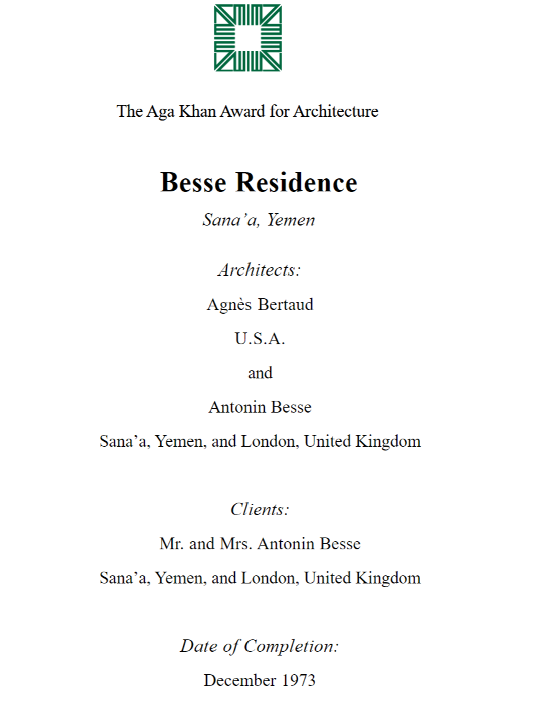In Memoriam: Marie-Agnès Bertaud
In Memoriam: Marie-Agnès Bertaud
Marie-Agnès Roy Bertaud had an independent career focusing on quantitative analysis of urban development. She loved technology. Early in her career, in Yemen and Haiti, she analyzed aerial photography to develop housing typologies using planimeters and a stereoscope. Later, she moved to satellite imagery interpretation and geographic information systems (GIS). For several years, she worked for SPOT Image, a European space agency, to develop a methodology for analyzing the growth of cities in developing countries. However, Marie-Agnes was practical and loved doing field surveys to complement the quantitative data from aerial photographs and satellite imagery. She analyzed a city housing stock by sampling houses by type and interviewing families in a sample of each type, collecting data on family size, incomes, and rent paid, and finally making a measured drawing of the house surveyed. She was also very interested in local construction methods and houses’ aesthetic forms. Her ability to communicate naturally with people of different cultures considerably eased her housing surveying work, from well-to-do neighborhoods to the poorest informal settlements. A sample of her drawings from Yemen, Bhutan, and Haiti is included below.
Marie-Agnès was born in Ferryville, a small town in Tunisia, now called Menzel Bourguiba. Her family eventually moved to Oran, Algeria, where we first met and soon married. Living her childhood and adolescence in foreign countries allowed her to move between cultures and places without nostalgia. She considered herself a world citizen. Typically, our three children were born in three different countries. She had no favorite cities and was always ready to move somewhere else. But when we arrived in a new city and rented (or built, as in Yemen) a house, she rapidly transformed it, painted the walls, and furnished it with local handicrafts. Even when moving with three children, we traveled with only two suitcases.
Glen Rock, New Jersey, was our last move. It was our first time living in a city’s distant suburb (14 miles from Manhattan). In the beginning, we found it quite exotic. We eventually appreciated the silent nights compared to Manhattan, where we lived when we first arrived in the US.
On Friday, September 30, 2022, at noon, Marie-Agnès left us peacefully, still smiling, after a failed operation to remove a pancreatic cancer tumor. It was a date of her choosing. One week before, she had decided to activate the Medical Aid in Dying available in New Jersey for terminally ill patients.
Our children, Yann and his wife Karen, Veronique, Marion, and Anne-Marie, the younger sister of Marie-Agnès, and I gathered around Marie-Agnès in this painful moment.
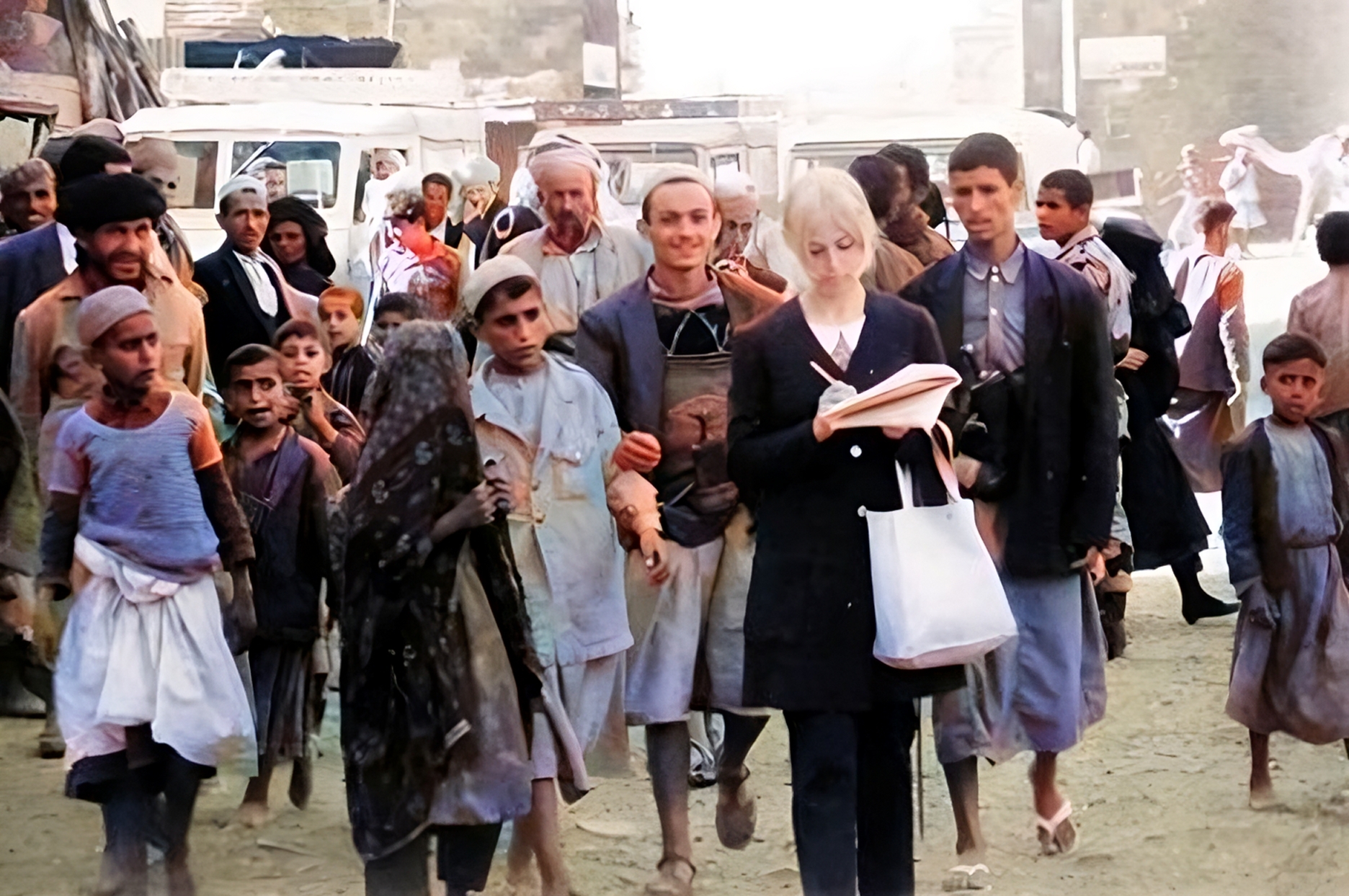


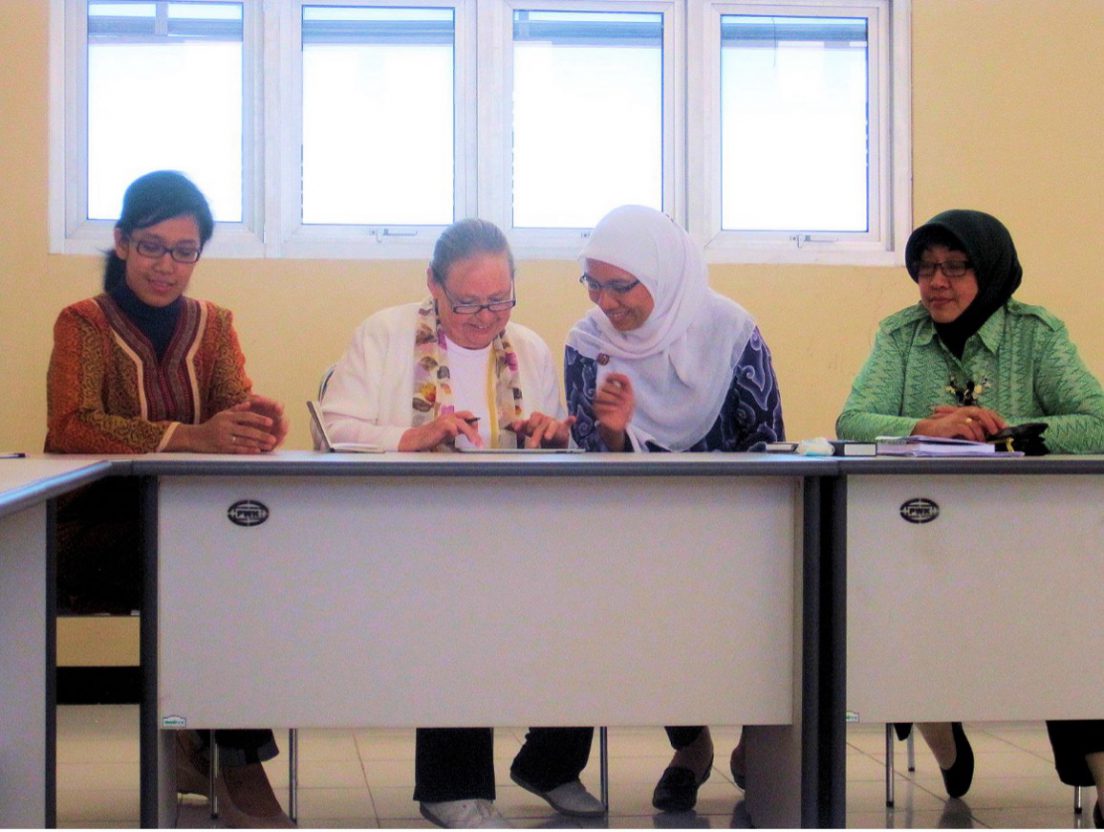



Measured drawings of vernacular architecture drawn in ink by Marie-Agnès on a portable drafting table.
Traditional houses in Thimphu, Bhutan (1976)

House in the old city of Sana’a, Yemen (1970)


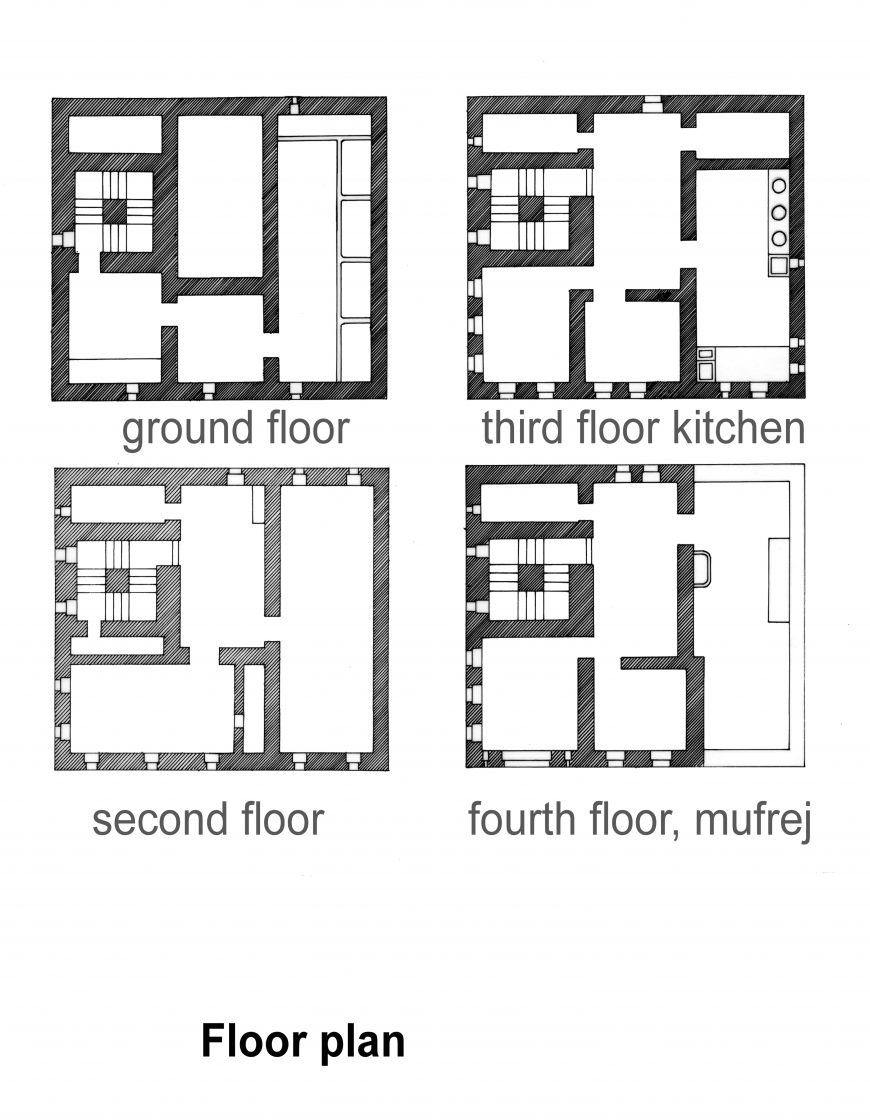
Port au Prince, case studies extracted from housing typology (1974)

Private architectural practice in Yemen
In Yemen, Marie-Agnes, besides studying traditional building techniques, worked also as a private architect. Her clients were mainly affluent Yemeni families who wanted a house with a modern kitchen and bathroom but using local materials and craftmanship following the several thousand years of construction tradition developed in Yemen.
Her last building, the Besse House, designed in 1973, was shortlisted for the Agha Khan Award for Architecture in 1983 (10 years after completion).
Unfortunately, we left Yemen in July 1973, before the house was completed. The client, Antonin Besse, a businessman, originally from Aden, lived there with his family for a few years. When the house was selected for the Agha Khan prize, the house had not been inhabited for more than a year. The adobe of the façade had been badly maintained.
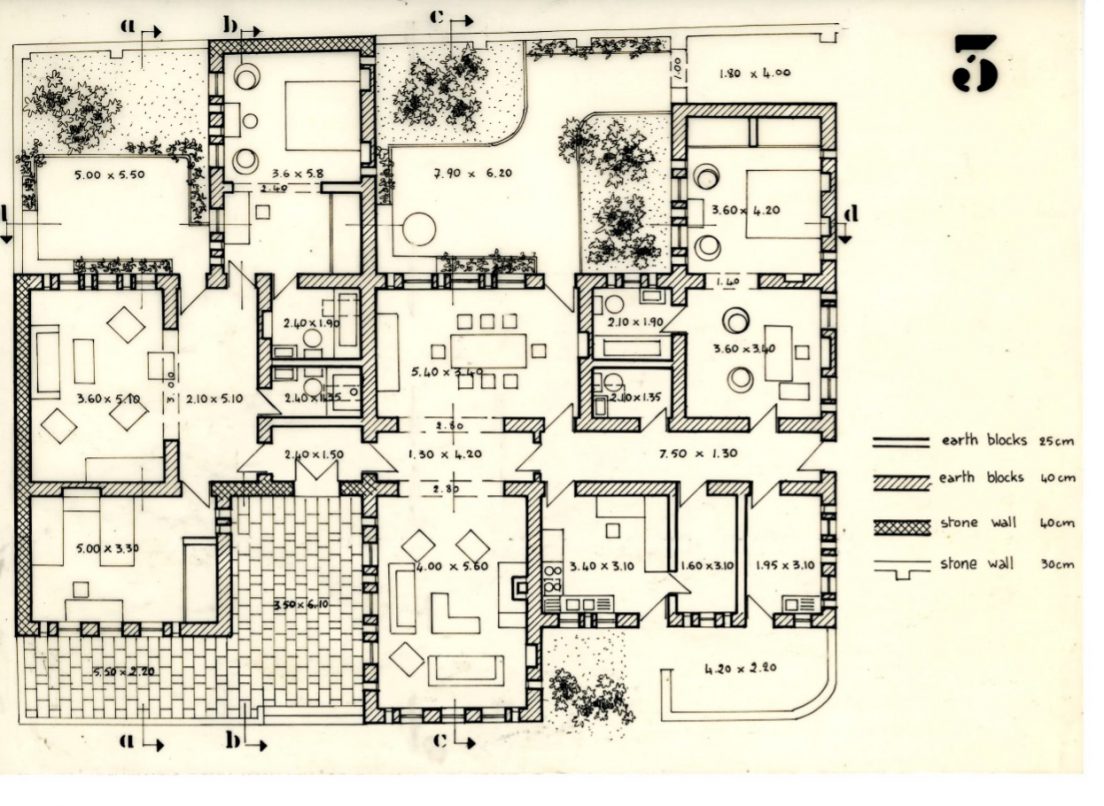
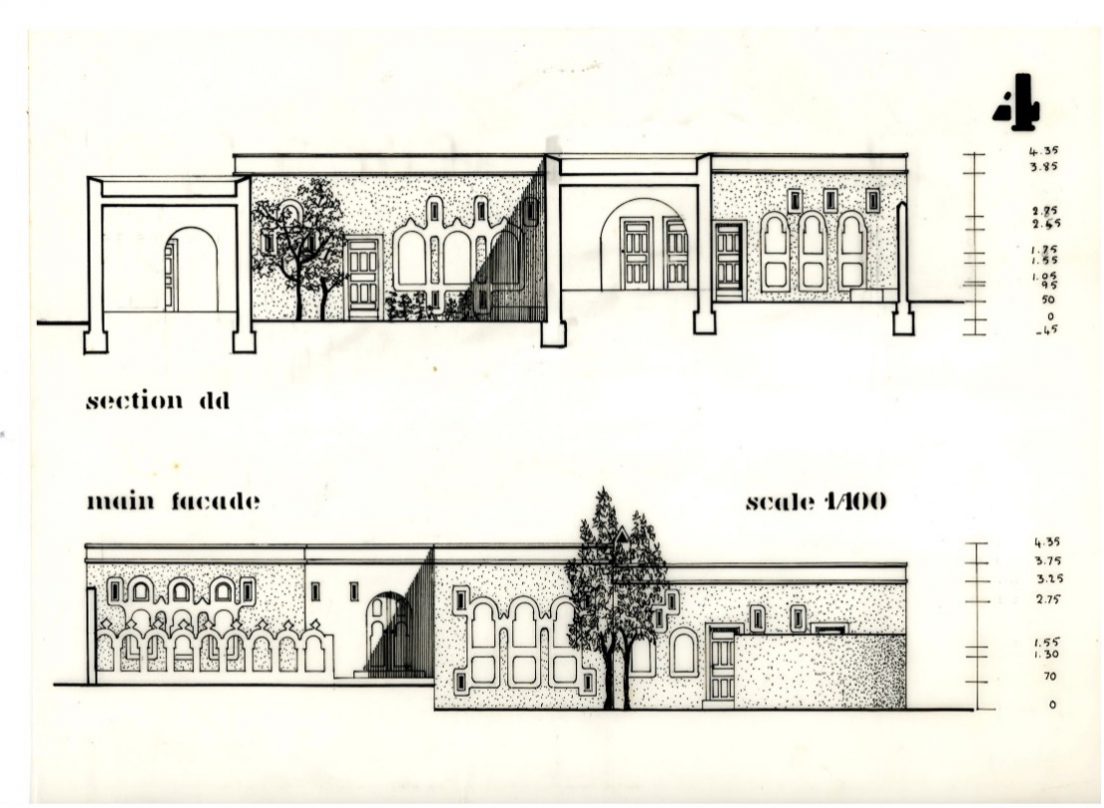

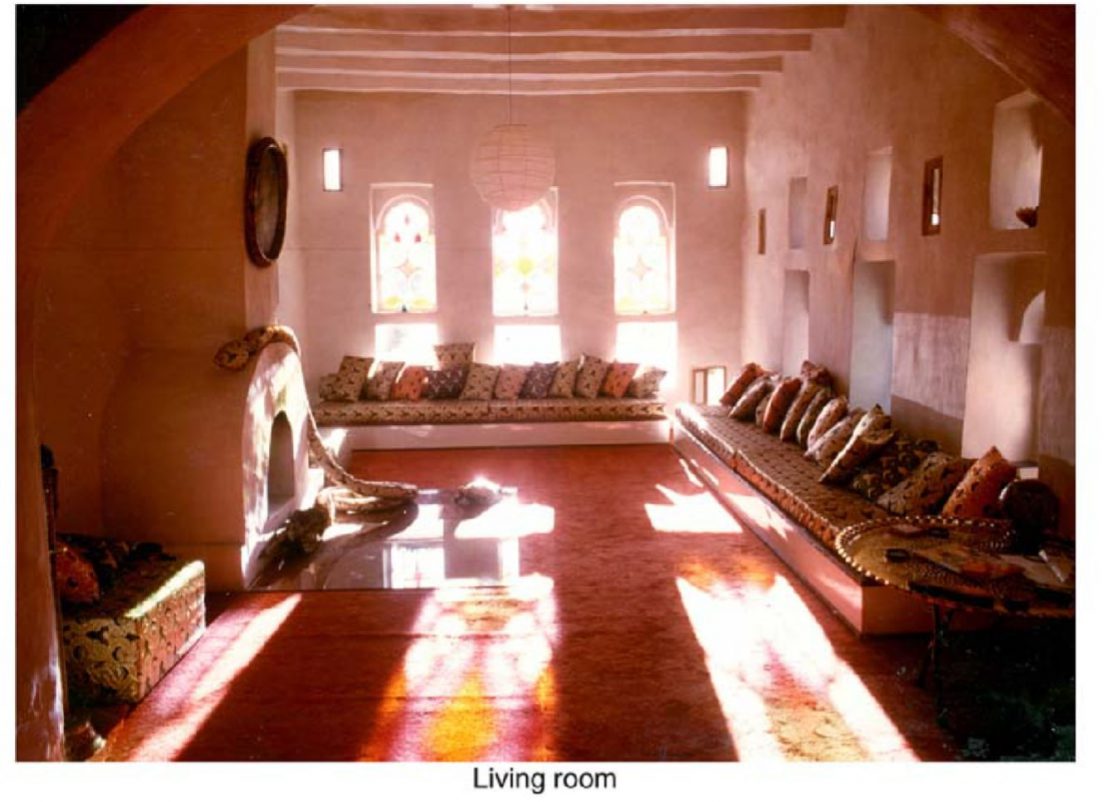
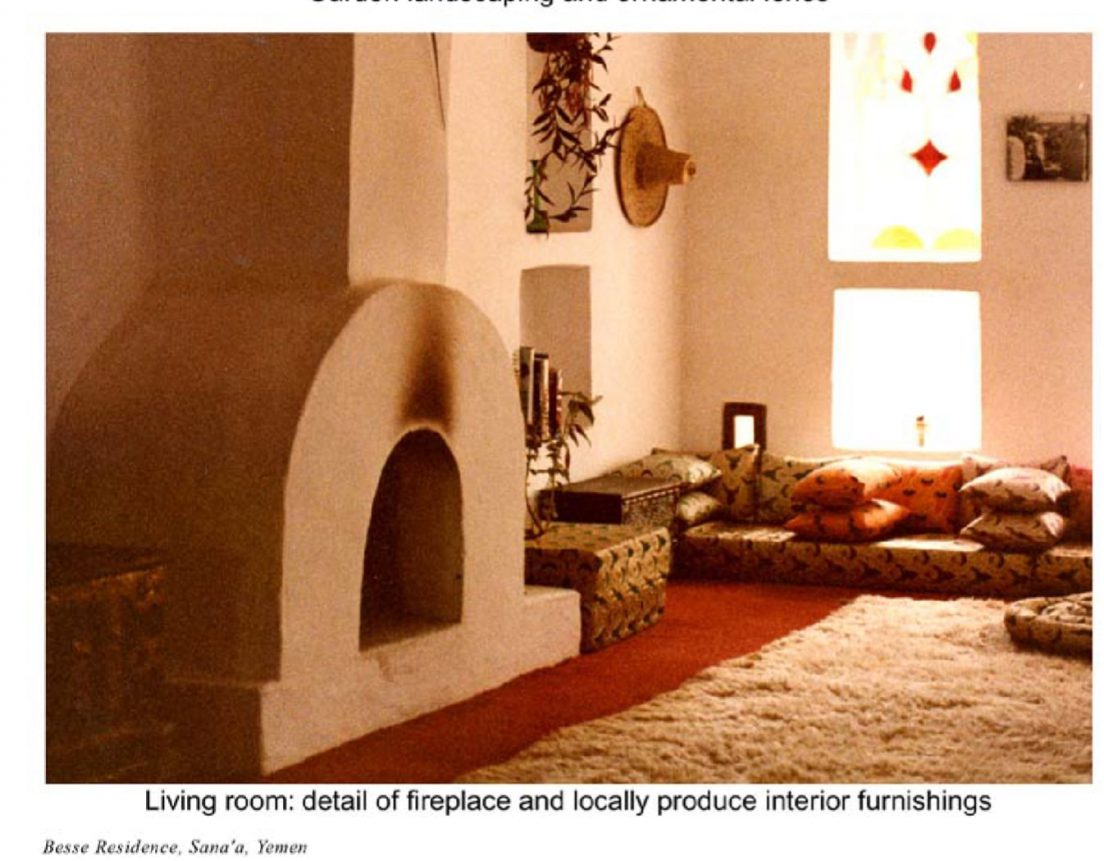

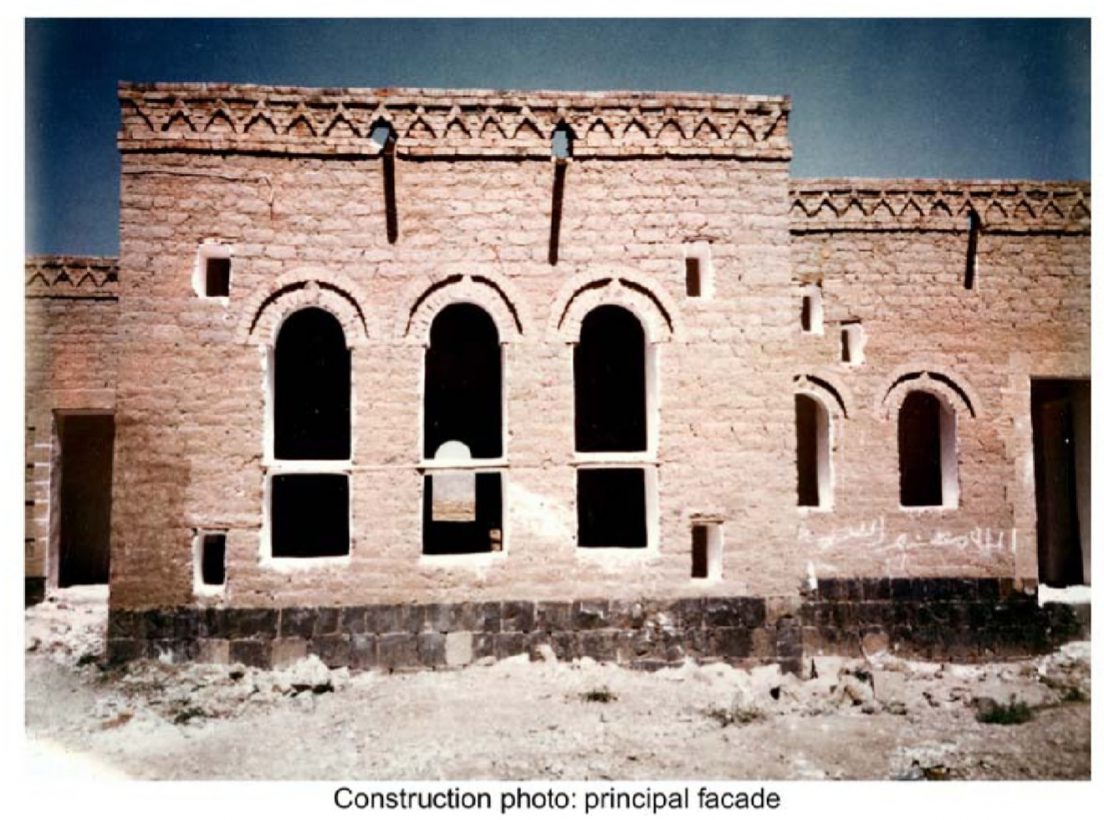
Agha Khan Prize in Islamic Architecture in 1983
